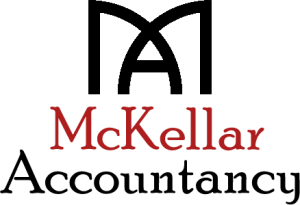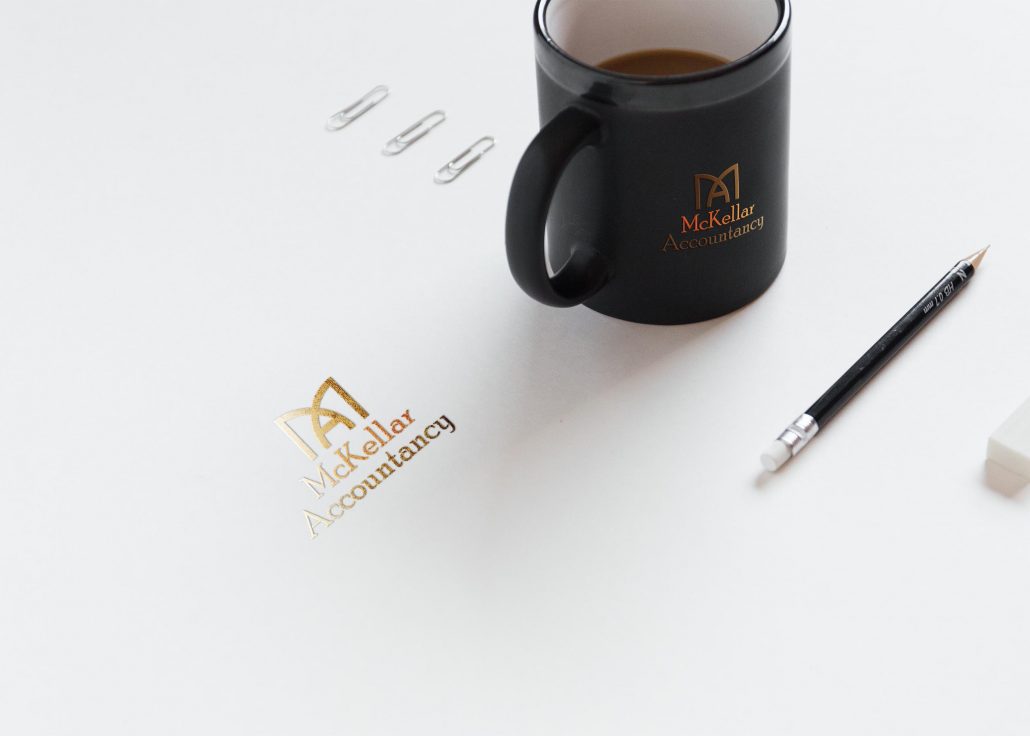[av_image src=’https://www.mckellaraccountancy.com/wp-content/uploads/2017/03/Realistic-Logo-Mockup-PSD-1500×430.jpg’ attachment=’387′ attachment_size=’featured’ align=’center’ styling=” hover=” link=” target=” caption=” font_size=” appearance=” overlay_opacity=’0.4′ overlay_color=’#000000′ overlay_text_color=’#ffffff’ animation=’no-animation’][/av_image]
[av_heading heading=’McKellar Accountancy December eNews’ tag=’h3′ style=” size=” subheading_active=” subheading_size=’15’ padding=’10’ color=” custom_font=”][/av_heading]
[av_textblock size=” font_color=” color=”]
In this month’s Enews we report on Making Tax Digital for VAT and the latest government Brexit documentation. We also include updated advisory fuel rates for company car drivers and advice on tax-free gifts to employees. With a warning about the latest HMRC phishing emails scam, SDLT statistics for first-time buyers and a review calling for a simplification of inheritance tax, there is lots to update you on.
Article Index
- Committee warns small businesses ‘could pay heavy price’ for MTD and latest ‘encouragement letters’
- Leaving the EU with no deal
- 180,500 new homeowners benefit from stamp duty tax relief
- Tax-free gifts to employees
- Advisory fuel rates for company cars
- Phishing tax refund email targets university students
- Inheritance Tax Review by Office of Tax Simplification
Committee warns small businesses ‘could pay heavy price’ for MTD and latest ‘encouragement letters’
The Economic Affairs Committee has warned HMRC that small businesses ‘could pay a heavy price’ for Making Tax Digital for VAT (MTDfV).
The Committee stated that HMRC has ‘failed to adequately support small businesses’ ahead of the introduction of MTDfV.
MTDfV is generally set to come into effect for the from 1 April 2019 for businesses which have a taxable turnover above the current VAT registration threshold of £85,000. Under MTDfV, businesses must keep some records digitally and submit their VAT returns via an Application Programming Interface (API).
The Committee has urged HMRC and the government to ‘start listening’ to small businesses MTDfV concerns.
HMRC recently sent businesses within the scope of MTDfV so-called ‘encouragement letters’. These letters were sent to 200,000 businesses which are eligible to join the pilot scheme.
Please contact us for help with MTDfV.
Internet links: Parliament.uk/news tax.org.uk/news
Leaving the EU with no deal
The government has published a collection of documents in preparation for the scenario of the UK leaving the EU without a Withdrawal Agreement a so called ‘no deal’ Brexit.
The guidance states:
‘The government does not want or expect a no deal scenario. However, it is the duty of a responsible government to prepare for a range of potential outcomes, including the unlikely event of no deal. In the event of leaving the EU without a deal, legislation will be necessary to ensure the UK’s Customs, VAT and Excise regimes function as intended after the UK leaves the EU and so, on a contingency basis, HM Treasury and HM Revenue and Customs will lay a number of Statutory Instruments (SIs) under the Taxation (Cross-border Trade) Act 2018 (TCTA) and the EU Withdrawal Act 2018 (EUWA).’
We will keep you informed of developments.
Internet link: GOV.UK no deal brexit collection
180,500 new homeowners benefit from stamp duty tax relief
According to statistics published by HMRC more than 180,500 first-time buyers have benefitted from First Time Buyers Relief (FTBR). The relief introduced in November 2017 has saved eligible first-time buyers an estimated total amount of more than £426 million.
Mel Stride MP, Financial Secretary to the Treasury, said:
‘These statistics show that the government was right to offer a helping hand to first time buyers. Without this investment more than 180,500 new homeowners may have struggled in getting onto the property ladder. Maintaining the status quo was not an option.’
FTBR is a Stamp Duty Land Tax relief for eligible first-time buyers. The tax relief can be used when buying a residential property where the purchase price is no more than £500,000 in England and Northern Ireland. Land and Buildings Transaction Tax and Land Transaction Tax apply to property in Scotland and Wales.
The press release goes on to state:
‘The amount of relief reported should not be used to infer average house prices for first time buyers; first-time buyer purchases below £125k and above £500k are not included in the statistics as they are below the lower SDLT threshold (£125k) or ineligible for the relief (above £500k).For purchases up to £300,000 no SDLT is payable. Where the purchase price is between £300,000 and £500,000 SDLT at 5% is due on the amount above £300,000. For example, a property purchased for £450,000 would pay £7,500 SDLT (5% of £150,000). This gives a saving of up to £5,000 for each first-time buyer.’
Extension of FTBR
It was announced in the Autumn Budget 2018 that the relief for first-time buyers will be extended to purchasers of qualifying shared ownership properties who do not elect to pay SDLT on the market value of the whole property when they purchase their first share. Relief will be applied to the first share purchased, where the market value of the shared ownership property is £500,000 or less. This relief will apply retrospectively from 22 November 2017, meaning that a refund of tax will be payable for those who have paid SDLT after 22 November 2017 in circumstances which now qualify for FTBR.
Internet link: HMRC press release
Tax-free gifts to employees
Some employers may wish to give a small gift to their employees. As long as the employer meets the relevant conditions, no tax charge will arise on the employee.
A tax exemption is available which should help employers ensure that the benefits provided are exempt and do not result in a reportable employee benefit in kind. In order for the benefit to be exempt it must satisfy the following conditions:
- the cost of providing the benefit does not exceed £50 per employee (or on average when gifts made to multiple employees)
- the benefit is not cash or a cash voucher
- the employee is not entitled to the benefit as part of a contractual arrangement (including salary sacrifice)
- the benefit is not provided in recognition of particular services performed by the employee as part of their employment duties
- where the employer is a ‘close’ company and the benefit is provided to an individual who is a director, an office holder or a member of their household or their family, then the exemption is capped at a total cost of £300 in a tax year.
If any of these conditions are not met then the benefit will be taxed in the normal way subject to any other exemptions or allowable deductions.
No more than £50
One of the main conditions is that the cost of the benefit does not exceed £50. If the cost is above £50 the full amount is taxable, not just the excess over £50.The cost of providing the benefit to each employee and not the overall cost to the employer determines whether the benefit can be treated as a trivial benefit. So, a benefit costing up to £50 per employee whether provided to one or more employees can be treated as trivial. Where the individual cost for each employee cannot be established, an average could be used. Some HMRC examples consider gifts of turkeys, a bottle of wine or alternatively a gift voucher.
Further details on how the exemption will work, including family member situations, are contained in the HMRC manual.
However if you are unsure please do get in touch before assuming the gift you are about to provide is covered by the exemption.
Internet link: HMRC manual
Advisory fuel rates for company cars
New company car advisory fuel rates have been published which took effect from 1 December 2018. The guidance states: ‘You can use the previous rates for up to one month from the date the new rates apply’. The rates only apply to employees using a company car.
The advisory fuel rates for journeys undertaken on or after 1 December 2018 are:
| Engine size | Petrol |
| 1400cc or less | 12p |
| 1401cc – 2000cc | 15p |
| Over 2000cc | 22p |
| Engine size | LPG |
| 1400cc or less | 8p |
| 1401cc – 2000cc | 10p |
| Over 2000cc | 15p |
| Engine size | Diesel |
| 1600cc or less | 10p |
| 1601cc – 2000cc | 12p |
| Over 2000cc | 14p |
HMRC guidance states that the rates only apply when you either:
- reimburse employees for business travel in their company cars
- require employees to repay the cost of fuel used for private travel
You must not use these rates in any other circumstances.
If you would like to discuss your car policy, please contact us.
Internet link: GOV.UK AFR
Phishing tax refund email targets university students
HMRC has warned that university students are being bombarded with fake tax refund emails. The scammers have targeted university students in an attempt to steal their banking and personal details using.ac.uk email addresses that look genuine, in order to avoid detection.
Mel Stride, Financial Secretary to the Treasury said:
‘Although HMRC is cracking down hard on internet scams, criminals will stop at nothing to steal personal information.
‘I’d encourage all students to become phishing-aware – it could save you a lot of money.’
In common with other tax scams, fraudsters send a message, including HMRC, GOV.UK or credit card branding, supposedly advising the recipient about a tax refund. Those taken in by the fake email are asked to click on a link and enter their banking and personal details. Fraudsters can use this information to steal money from bank accounts or to sell on to other criminals.
Internet link: GOV.UK press release
Inheritance Tax Review by Office of Tax Simplification
The Office of Tax Simplification (OTS) has published the first of two reports on inheritance tax.
The first report sets out an explanation of the issues and complexities of IHT, gives an overview of concerns raised by the public and professional advisors during the review and then makes recommendations. This first report examines the administrative issues that people complain about and which were raised in the responses. The second report covering other wider areas of concern to people will follow in Spring 2019.
The first report highlights the benefits of:
- reducing or removing the requirement to submit forms for smaller or simpler estates, especially where there is no tax to pay
- simplifying the administration and guidance
- the advantages of banks and other financial institutions having standardised requirements
- automating the whole system by bringing it online
Angela Knight CBE, OTS Chairman, said:
‘Inheritance tax is both unpopular and complicated. The basic design of the tax itself is for government, but at the OTS we can address that most frequent of all comments “at least make it easier for the families to fill in the forms”. The OTS has worked on ways to address these practical complexities, which have come through loud and clear.’
‘The recommendations in this report will make it easier for the majority, and would mean that in future, many may not have to do the forms at all. Improving the administration of this tax in these ways is important as having to deal with the current process can seem overwhelming to people at a time when they are both preoccupied and distressed.’
Internet link: GOV.UK OTS IHT report
[/av_textblock]
[av_social_share title=’Share this entry’ style=” buttons=” share_facebook=” share_twitter=” share_pinterest=” share_gplus=” share_reddit=” share_linkedin=” share_tumblr=” share_vk=” share_mail=”][/av_social_share]







